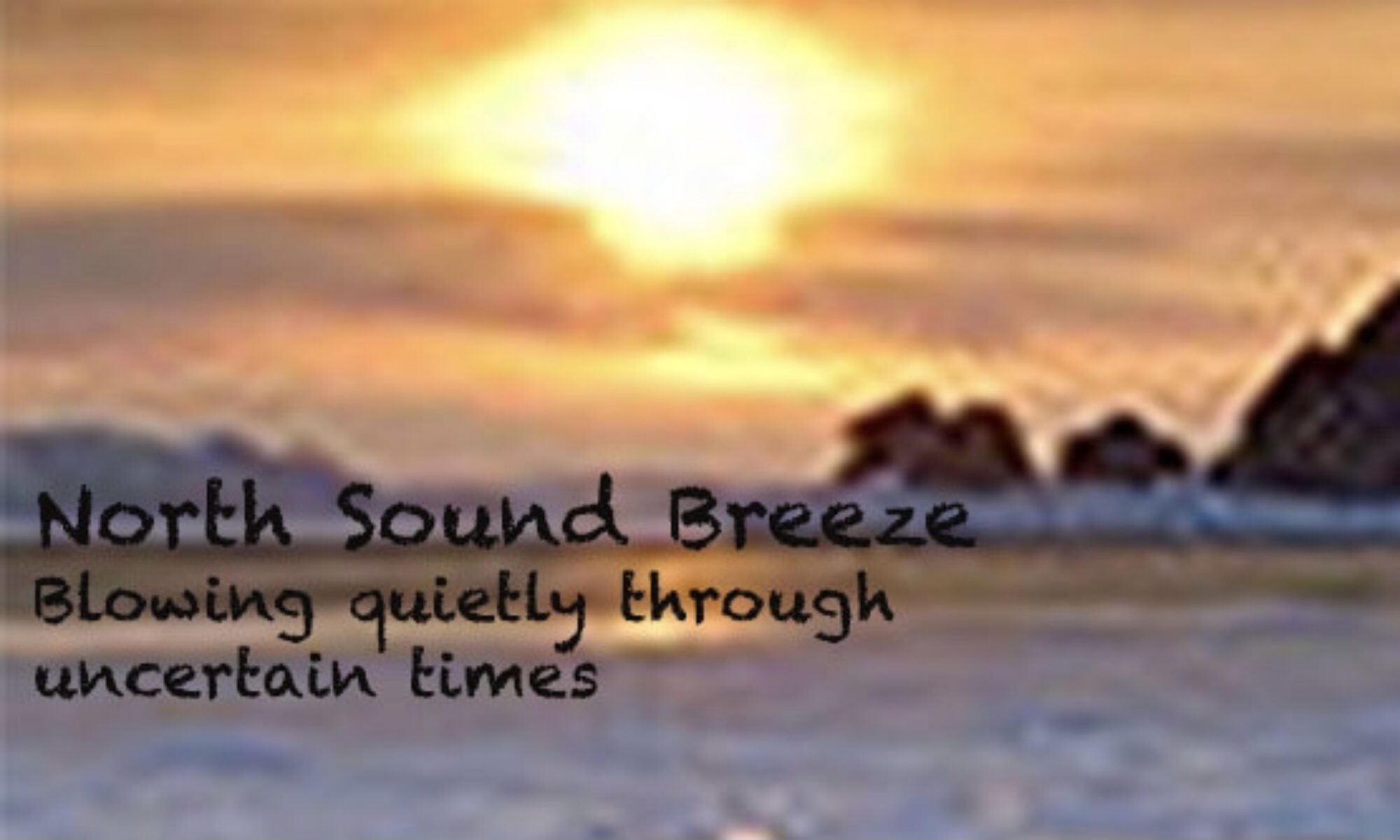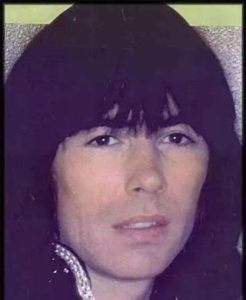Bang Records, in Atlanta, was an unlikely place for James Stroud to be
working. James was energetic, creative, talented and had a brilliant mind,
as I would discover as I got to know him. Bang records, unlikely because it
was sliding down slowly into the sewer when James hit town. Bang was one
of only two major studios in Atlanta that had cut actual hits at the time, so
naturally it had been a magnet for music producers and bands. Ilene Burns
had inherited it from her husband, who had died at an early age. Ilene had
no clue how to run a successful studio, as you’ll see later. James rolled
in, picked up two of her signed acts, and would have saved the studio and
Eileen’s rep if she would have let him. He produced and finished The
Masqueraders with Ed Seay’s fine assistance, then tackled an album project
on Nigel Olsson, Elton John’s drummer.
Nigel wasn’t a great drummer by any means, but he had a unique style of
playing that fit perfectly with Elton’s music. Nigel fed off his relative “fame”
of playing and traveling with Elton, and, worst of all, Nigel thought he could
sing. Well, he could, in a way… I thought he sounded like a high school kid with a hernia. But he had the name, and was somewhat of a teenage heart throb at the time, so James took him on.
It was a nightmare. Nigel had a lot of money, drove an exotic sports car,
was living with Ilene and doing every kind of expensive drug he could find. That summer of ’79, I think it was, Nigel had hit a car in an intersection and killed the driver. Wasn’t really his fault, as it turned out… the stop sign was hidden by a tree branch. But it messed him up mentally pretty badly, and he was still something of a basket case when we started recording the rhythm tracks later that summer. If I had been more intuitive I’d have known this was going to be a doomed project from the start. But I’m not, and I didn’t.
It took us three weeks that summer to get nine rhythm tracks cut. Nigel
wouldn’t show, or he’d show up and be so altered he couldn’t play, and
he had to be able to play drums on his own album. Everyone in the studio
was like, “Poor Nige…” until I was about sick. But I have to admit he was
a sweeter man back then. He’d stumble into the control room, smile and
give everyone a big hug. He was sweet all right, but a total mess.
7 Track Nigel Olsson – “Should We Carry On” Sorry about the static.
With one song to go, and studios booked in L.A. for the overdubs, we had
to get the last tune done. Nigel showed up, altered as usual, and said he
couldn’t play. He was stoned, and having a hard time staying awake. Finally
James had had enough. He helped Nigel up on the stage to his drum set,
get him settled, then put me on a stool directly in front of Nigel’s drum kit.
“Stevie, we’re going to get this done. What I want you to do is conduct
Nigel, keep time with him, and hold his eye contact. Don’t look away from
him for any reason… hold his attention and give him a smile of
encouragement once in awhile and we might get through this!” That’s what
we did. Strange as it seems, I conducted Nigel all the way through that
tune, holding his attention and nodding and smiling every so often… and
it worked! Nigel’s eyes never left mine, it was like I was his lifeline from a
very dark and scary ocean, and if he could be saved, I’d be the one to save
him. Weird as it was, we got the rhythm track cut in one take, and James was impressed.
I saw Nigel about seven years ago at an Elton concert in Missoula, Montana.
After the concert my pal Darren and I had dinner with Elton’s recording/live show audio engineer, “Cousin Matt,” as Darren called him.
Cousin Matt, Elton John’s concert audio engineer
After dinner we stepped out into the parking lot of the hotel where Elton and his band were staying, and there stood Nigel, then about 64 years old, standing out in the lot in his tux, jacket off, waving a bottle of Tequila and a bottle of Scotch around, yelling, “Party, ladies, parrr-tyyyyy!!!!” Yup. Same old Nigel…
In the middle of all this, James got a chance to produce two songs for
Susan Anton and Fred Knobloch. Fred was a singer/songwriter from
Mississippi who wrote great country songs and had an easy singing voice.
Not sure how James and Fred got hooked up, but Fred got a record deal
with the Scotti Brothers in L.A., and James got picked to produce the album.
I wasn’t involved in Fred’s album, it was all rhythm section, guitars and
background vocals. But when the Scotti Bros. decided to do a two-song
session with Fred and Susan Anton, I was pulled in as a string arranger.
And what a gig that was!
We spent several days at the Scotti’s studio complex, a fortified brick
building with video cameras everywhere and black limos parked in back…
totally bizarre. The brothers were around, too, making sure that all was
going as planned. I was comfortably camped in the lounge one morning,
working on my string arrangement to “Why Not Me,” a cut that was actually
a minor hit back then. One of the brothers came by, saw what I was doing
and kind of shoved me into a bare office down the hall. “You can concentrate better in here,” and he closed the door, very firmly. Whew. Try concentrating on a flimsy string arrangement after that…
We all got to meet Susan, of course, and she was a sweetheart. She was
taller than most of us, an absolutely gorgeous woman. We were all in the
control room listening to a playback of one of the cuts when the phone rang, the engineer answered it, then handed it to Susan. “It’s for you,” he smiled. “Dudley Moore calling.”

Susan took it and whispered, “Hi, Dud.” James motioned us out of the room
so she could have some privacy. So. This Montana boy stood in the hallway
of the Scotti Bros. studio, contemplating life in L.A. and the fact that he’d just seen Susan Anton talking on the phone to her present love, Dudley Moore! Weird, weird, weird! And how that phone call had suddenly become much more important than our recording session!
Even Weirder, in some ways, was a week later, when I was walking up the
darkened hall at Crystal Studios with the sound engineer. We were recording the rhythm track for one of Fred’s tunes, and Crystal had a great piano sound, which was important for that tune. As we walked up the hall, an old man in a dark, long coat and hat passed us, tipped his hat and said, “Good day, gentlemen.” As he passed, I knew I’d seen him somewhere before. “Hey,” I stopped the engineer. “That wasn’t…”
“Yes,” he replied. “Orson Welles. He does voice recordings for commercials
and books here.” My god. It felt like we had just passed half of Hollywood’s
history in this hall. And he was so humble, so polite… Lightly touching greatness.
Steve Hulse











Wow! I hope you are gathering all these essays into book form– I know I’d buy it.